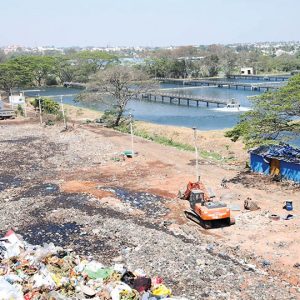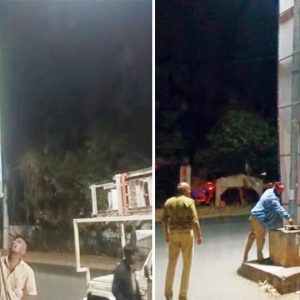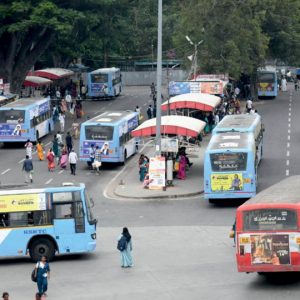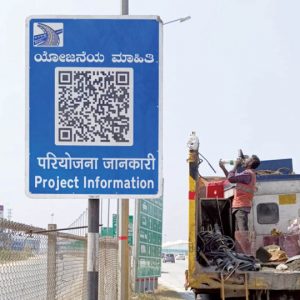Sir,
Kudos to SOM and thanks to Dr. Bhagirath S. Naganath for having published an article on musician and scholar Rallapalli Ananta Krishna Sharma in two parts (SOM dated June 11 and June 13).
The article has brought out in detail the life and achievements of this proud son of Mysuru. It is my pleasure to add to the value of the write-up by furnishing some information on the “Sangita Kalanidhi” award secured by Sharma in 1974.
“Sangita Kalanidhi” award is bestowed every year on one performing artiste (a couple of artistes in the case of duet performers) by the Madras Music Academy (MMA), Chennai, indisputably the most renowned organisation promoting Karnatak music.
MMA holds routine concerts, conducts music classes, publishes books and organises an annual music conference in the “Margali” season (December), during which period the whole of the city of Chennai is abuzz with music and religion-related activities.
The musician who is selected to preside over this fortnight long conference is conferred with the award “Sangita Kalanidhi.” Though MMA started organising the conference in 1929, the practice of bestowing the award was initiated only in 1943.
However, all those who presided over the conferences held during the period 1929 to 1942 were also awarded this title.
It is interesting to note that during the nearly a century long period till now, only seven people having association with Karnataka, including Sri Rallapalli, have received this award. The others are: Sri Muttaiah Bhagavatar (1930), Mysore Vasudevacharya (1935), T. Chowdaiah (1957), Doreswamy Iyengar (1984), R.K. Srikantan (1995) and Chitra Veena N. Ravikiran (a Kannadiga settled in Chennai, 2017).
The fact that the list of musicians who were awarded this title during the time Sri Sharma got the honour included greats like M.S. Subbulakshmi (1968), M.L. Vasantha Kumari (1977) and Balamurali (1978), tells a lot about the worth of the award.
Undoubtedly, Sri Sharma has been one of the most brilliant scholars this city saw in the 20th century. But his name does not figure among the common list of the greatest achievers of the era, probably since his work of scholarship pertained mostly to Telugu literature. Yet, his writings in Kannada on music have been authoritative and his essays in the book “Gaana Kale” still form a ‘must-read’ for every music student in this land.
– R. Yadupathi Putty, Krishnamurthypuram, 16.6.2023
You can also mail us your views, opinions, and stories to [email protected]







Recent Comments